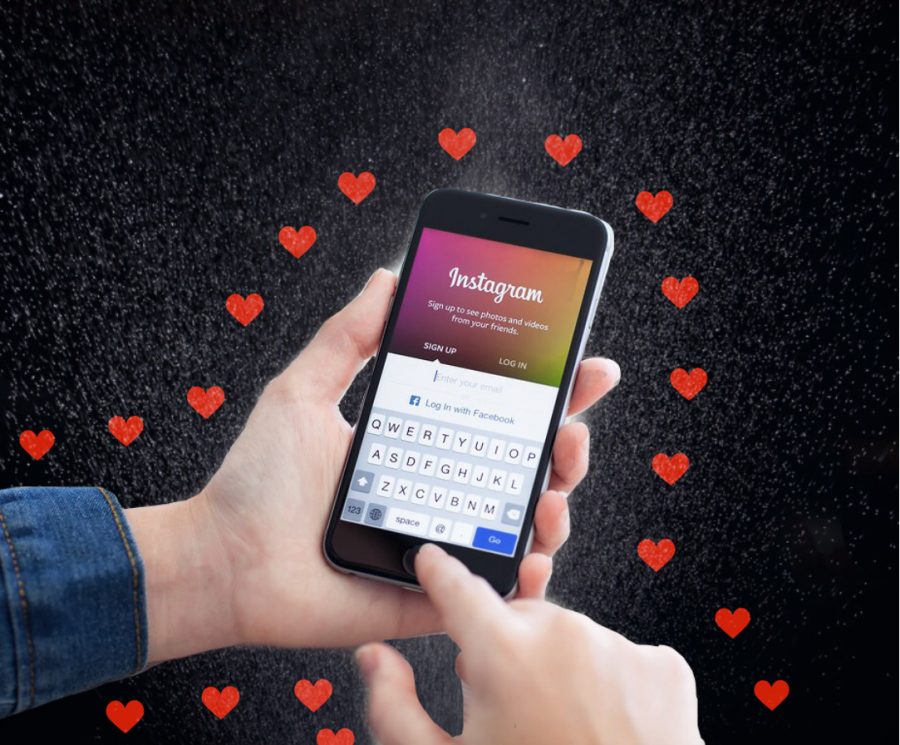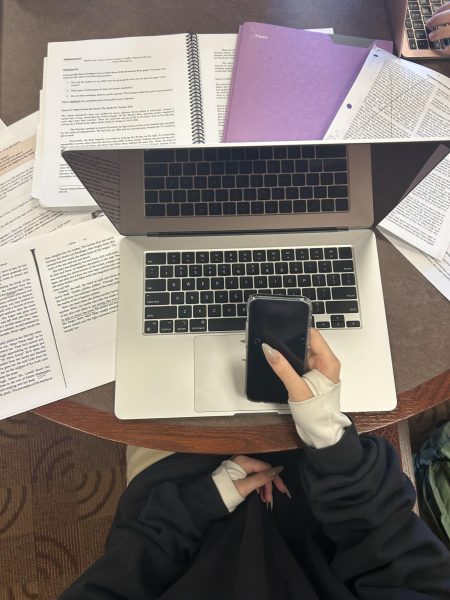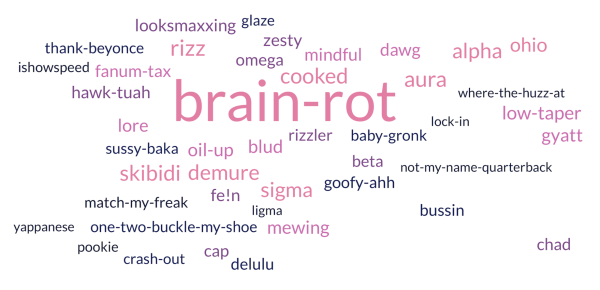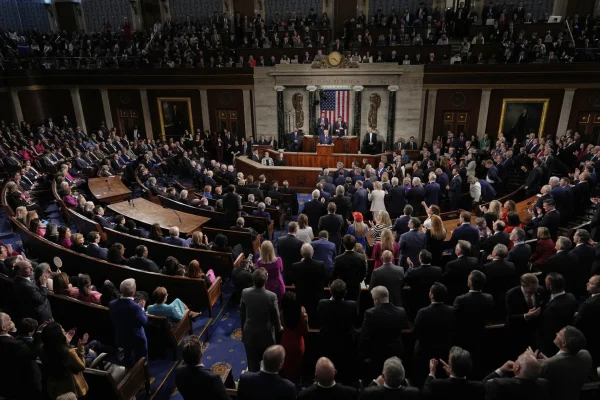Instagram Removing Likes, For Better or For Worse
Like counts will soon disappear from user’s timelines. What will this change entail?
If a picture is posted on Instagram and nobody sees who likes it, does it exist? It looks like the US will find out soon, as on November 8, Instagram CEO Adam Mosseri announced the app’s plan to remove ‘like’ counts from the platform.
While users will still be able to like and comment on posts as well as see their own like counts from their profiles, the number of likes will be hidden from the public. This feature has been tested in countries such as Canada, Japan, Australia, and more in the past few months, and will be rolled out to certain US users in the coming week.
The change seems to stem from Instagram wanting a safer, less intense environment— especially for teenagers. “It’s about young people,” Mosseri said in an interview with WIRED Magazine. “The idea is to try and depressurize Instagram. Make it less of a competition. Give people more space to focus on connecting with people that they love, things that inspire them.” This isn’t the first push from social media companies trying to change how users interact with their platforms for the better, paying specific attention to the youngest users’ mentalities: Tumblr has enforced a ban on adult content and Snapchat separated ‘friend’ content from subscriptions to celebrities and the like. When social media plays as large a part as it does in teenagers’ day-to-day, even a slight change such as this will ripple into the Bishop’s community, whether it be through individual engagement or interactions with the bigger accounts students follow.
To Marianna Pecora (‘22), this isn’t a game-changer: “I don’t think it will change the way I use the app because a like doesn’t mean that much to me, but I definitely think it will change the way people who use Instagram as a business tool use the app. Likes are a form of engagement, if a brand or businessperson can’t see their engagement they can’t know if they are succeeding or failing.” But on a more personal scale, Zaina Ghouri (‘22) says, “I don’t really mind as long as I still get to see them, but it does feel nice when people like your post, especially when it was something you were excited to post.”
In the past, social media has evidently been shown to negatively impact teenage mental health; a University of Pennsylvania study found causal links between a decrease in Instagram use and increase in happiness. Another study from the American Journal of Epidemiology saw regular use of Facebook lead to overall worse wellbeing. Despite this, Instagram is still prevalent in teenagers’ lives.
The reasons for this are more nuanced — counterintuitive as it may be, some studies show that social media does make the everyday teenager feel good. The Washington Post found that “twenty-five percent say social media makes them feel less lonely (compared with 3 percent who say more); 18 percent say it makes them feel better about themselves (compared with 4 percent who say worse); and 16 percent say it makes them feel less depressed (compared with 3 percent who say more).”
Levels of validation, being cool, being in, using social media for distraction – that’s the nature of it all, or at least, it had been. Now, Instagram seems to be taking steps towards becoming, in Mosseri’s words, “the safest place on the Internet.” The lingering question is then whether this feature, or lack thereof, will truly bring about the positive change it’s anticipating.

Sariah Hossain is a senior and The Tower's Co-Editor-in-Chief. This is her fourth year on the publication and, as her friends can all attest, writing...








Alex Cotton • Nov 28, 2019 at 2:59 PM
This is such an interesting article!